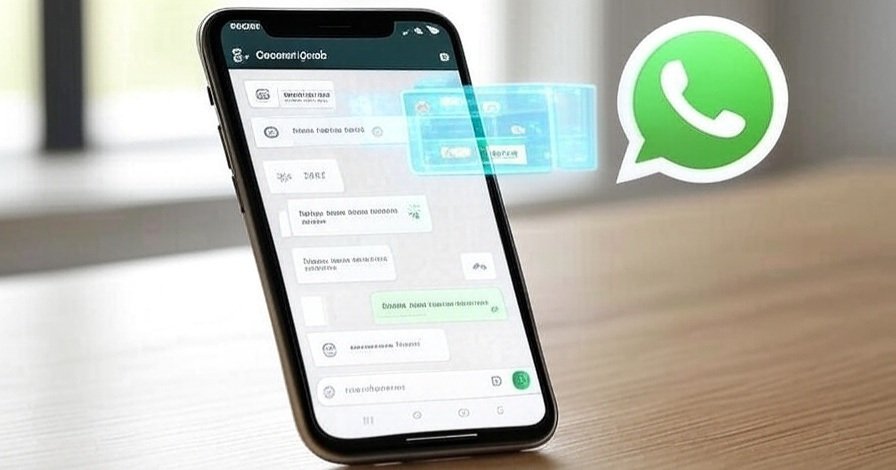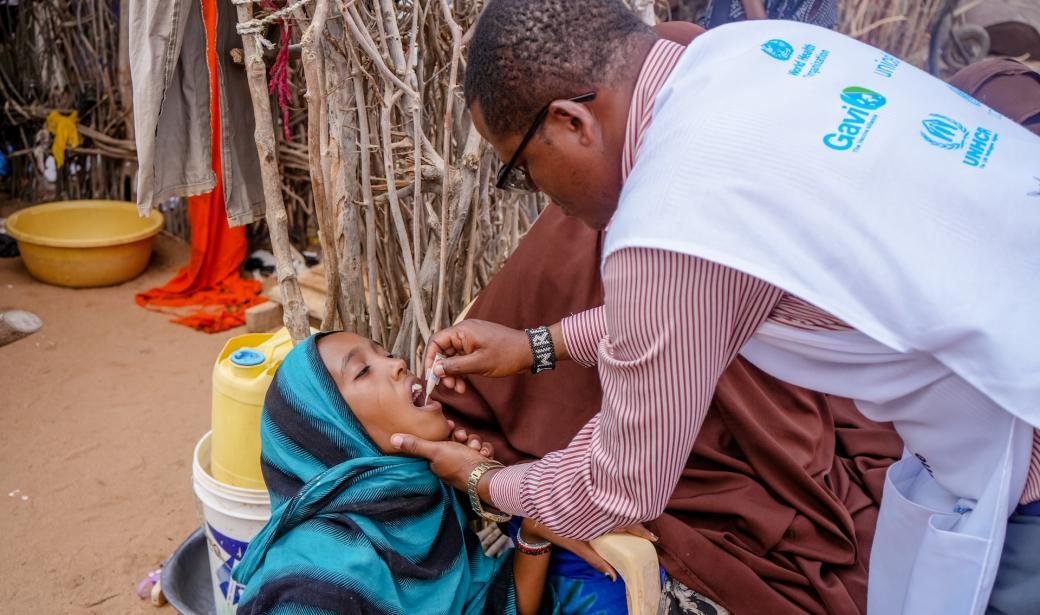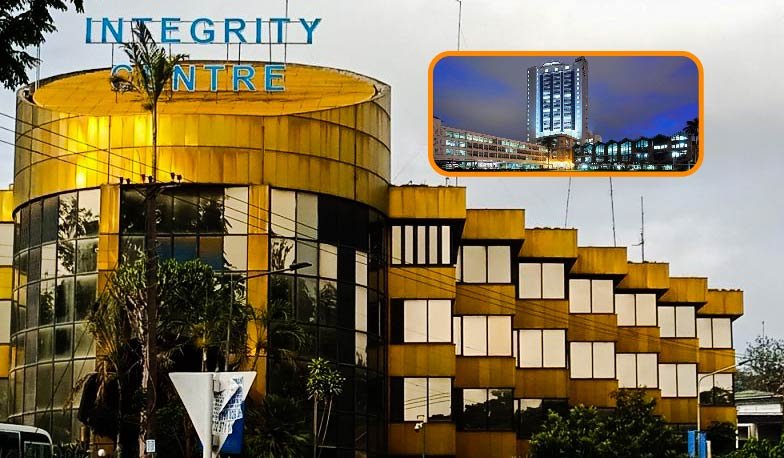Kenyatta University Teaching, Referral, and Research Hospital (KUTRRH) has successfully completed the inaugural CyberKnife radiotherapy treatment in Sub-Saharan Africa, marking a significant advance in cancer care.
The achievement positions Kenya as the first nation in the region to offer fully robotic stereotactic radiosurgery (SRS) and stereotactic body radiation therapy (SBRT) treatments, potentially reducing the need for medical tourism.
In a groundbreaking achievement, the Kenyatta University Teaching, Referral, and Research Hospital (KUTRRH) has announced the successful completion of the first-ever CyberKnife radiotherapy treatment for cancer patients in Sub-Saharan Africa. This historic milestone was revealed in an official statement released by the Level Six facility, signifying a major leap forward in the accessibility of advanced cancer care within Kenya.
The pioneering success of this CyberKnife procedure, which was commissioned by President William Ruto in May, has firmly placed Kenya on the global map as the first country in Sub-Saharan Africa to provide fully robotic stereotactic radiosurgery (SRS) and stereotactic body radiation therapy (SBRT) treatments in the region.
According to the statement, “Through KUTRRH, Kenya became the first country in sub-Sahara Africa to acquire the CyberKnife, making it possible for local patients to obtain access to the extremely precise stereotactic radiosurgery (SRS) and stereotactic body radiation therapy (SBRT) treatments the system delivers.”
The CyberKnife radiotherapy, recommended for a range of conditions, including cancerous and non-cancerous tumors, employs radiation therapy techniques that provide precise and effective treatment while minimizing side effects, thereby enhancing the overall patient experience.
Prof. Olive Mugenda, Chairperson of KUTRRH, expressed her confidence in this groundbreaking achievement, emphasizing its potential to reduce outbound medical tourism among Kenyans seeking specialized treatment while simultaneously attracting inbound medical tourism from other nations. She stated, “The commissioning of the CyberKnife system today is a major milestone for oncology management in Kenya. As part of the strategic plan, for the last few years, we have harbored the need to move into high precision treatment, and thanks to the Government’s support, KUTRRH finally managed to acquire the CyberKnife machine, which is a bold but best decision for Kenya in the effort to decrease outbound medical tourism and increase inbound medical tourism.”
This milestone marks a pivotal moment for Kenya, the wider region, and Africa as a whole, with these advanced services now available locally, eliminating the need for Kenyans to seek treatment abroad and potentially attracting regional patients as well.
The successful execution of this delicate procedure involved a team of medical specialists, including Abdil Jabbari (Application Specialist and Medical Physicist), Ruth Wambui (Radiation Therapist), Peter Loreh (Medical Physicist), Dr. Tracy Irura, and Dr. Shridhar (both Radiation Oncologists).





